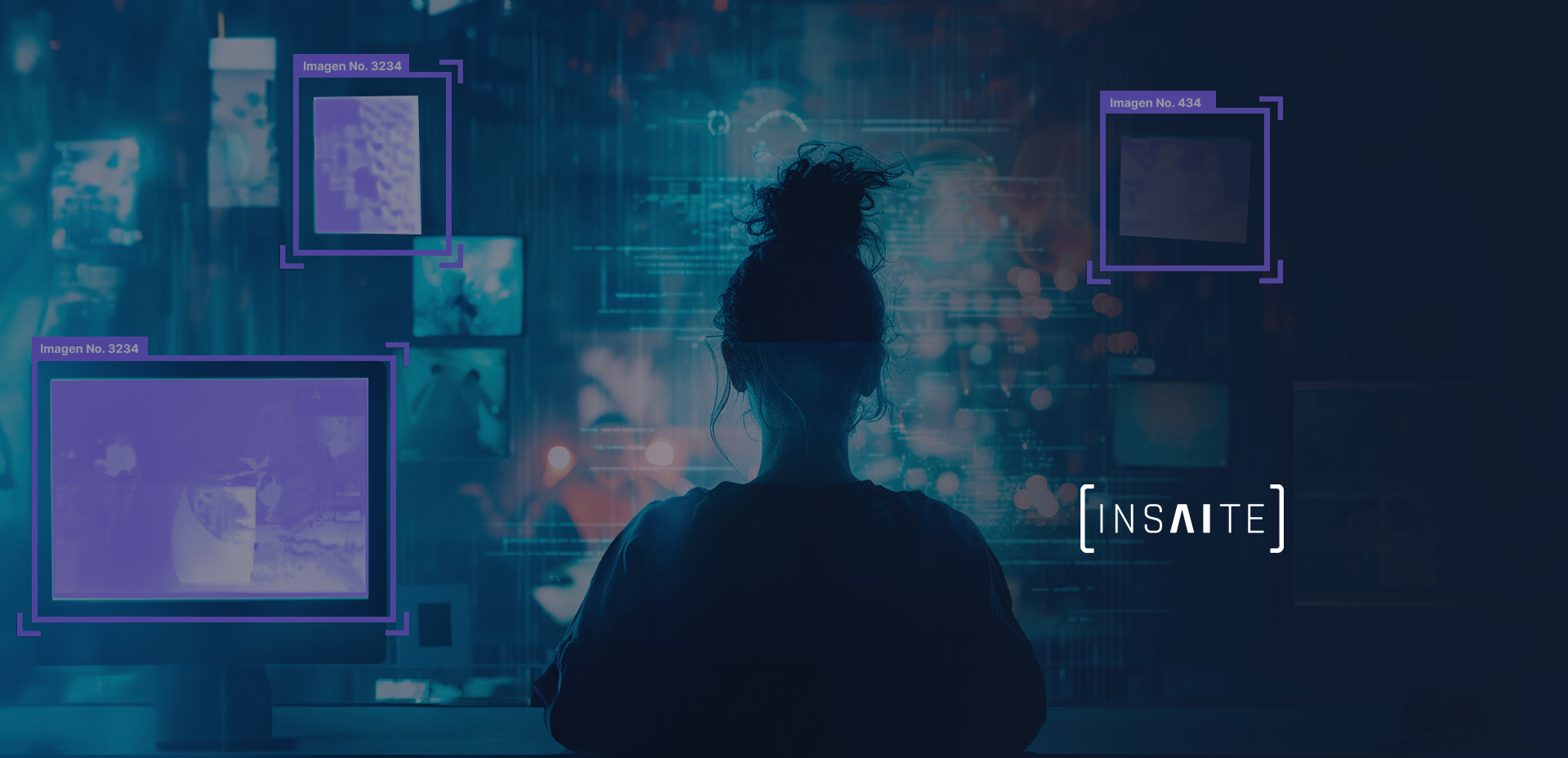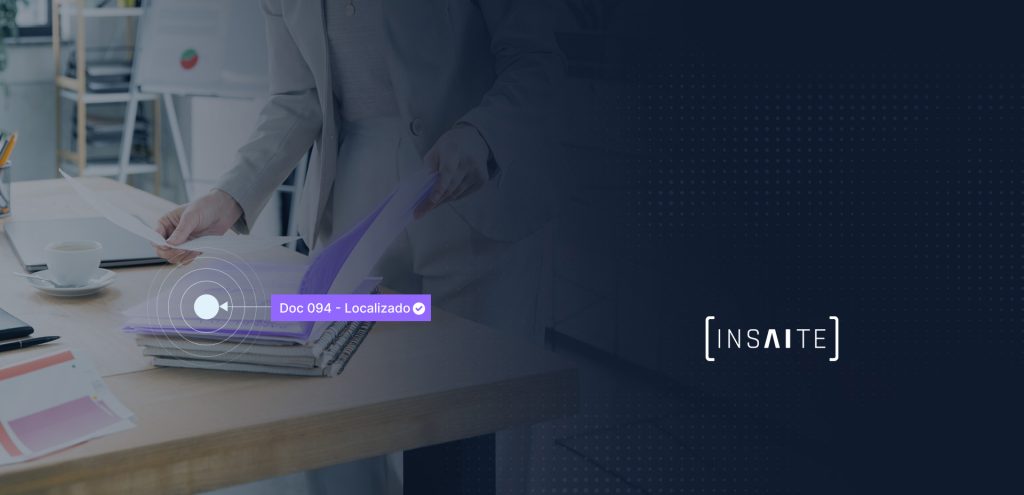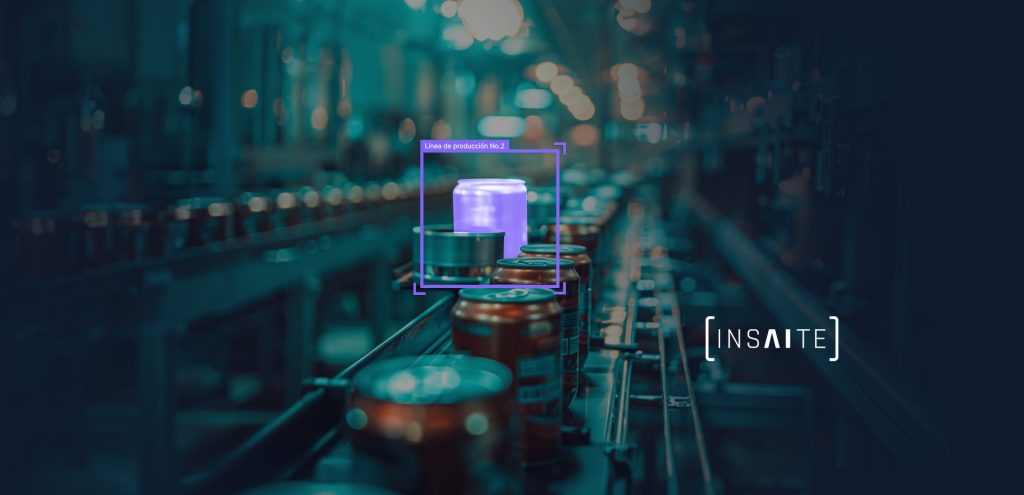In late 2022 and early 2023, we witnessed the boom of generative artificial intelligence, marked by the launch of innovative platforms such as ChatGPT, DALL-E, and Midjourney. These tools, dedicated to text and image creation, have sparked a mix of emotions: excitement for some and skepticism for others, regarding their capabilities and implications.
In the business sphere, numerous questions have arisen: Is it just a passing trend, or is generative artificial intelligence destined to redefine the job landscape? In this post, we will explore these doubts and examine the fundamental role that generative AI plays in the business world.
The Landscape of Generative Artificial Intelligence
With the launch of tools like Gemini or ChatGPT, access to generative artificial intelligence has been democratized, providing companies of all sizes with the opportunity to leverage this technology.
According to Accenture data, 98% of entrepreneurs believe that artificial intelligence will play a crucial role in their strategies in the next 5 years. A study by Gartner reveals that by 2025, 75% of large companies will be using generative AI.
Investment in this technology is expected to reach $100 billion by the same year. Although there is a marked interest in generative AI, there is also some reluctance to implement it, mainly due to concerns about biases in data, loss of control, and jobs.
For companies to make informed decisions about the implementation of generative AI, it is crucial that they understand both its benefits and its risks. In terms of regional adoption, North America, Europe, and Asia-Pacific are leading the way. In North America, the United States and Canada lead in investment and implementation of generative AI.
On the other hand, in Europe, countries like Germany, the United Kingdom, and France are investing in this technology and developing regulatory frameworks for its use. Meanwhile, in Asia-Pacific, China, Japan, and South Korea are driving innovation in generative AI.
However, there are significant barriers to widespread adoption of generative AI. Lack of knowledge and experience in its implementation, associated costs, and ethical concerns, such as biases in data and job loss, are some main concerns.
Despite these barriers, generative AI is rapidly gaining ground. Companies that choose to adopt this technology will be able to gain a relevant competitive advantage, improving their efficiency, productivity, and profitability in the process.
Generative AI in Company Productivity
One of the main aspects that generative AI is changing is how entrepreneurs perceive the productivity and creativity of their teams, as we will see later, this technology is a key point for time reduction and serves as a source of inspiration for new ideas.
Areas Where Generative Artificial Intelligence is Most Used
Given the innovative potential of generative artificial intelligence, which is materialized in leading platforms such as Gemini and DALL-E, various areas within companies are actively adopting these tools to enhance their daily operations. Among these, we can mention:
- Marketing: Generative AI is used to create personalized advertising content, marketing campaigns, and branding strategies that resonate with target audiences.
- After-Sales and Sales: In this area, generative AI can help personalize the customer experience, offer product recommendations, and improve customer service through chatbots and automatic responses.
- Cybersecurity: Generative AI is employed in detecting cyber threats, identifying suspicious patterns, and protecting business infrastructure against potential attacks.
- Production: In the field of production, generative AI can optimize design, prototyping, and manufacturing processes, allowing for the rapid creation of innovative and personalized products.
Main Uses of Artificial Intelligence
One of the main attractions companies see in artificial intelligence is the optimization of time by simplifying or eliminating processes that require a large time investment from the team. Among the main uses given to this technology are:
- Task Automation: Generative AI automates routine tasks such as report generation, email responses, and schedule management, freeing up time for more strategic activities.
- Content Development: This technology is essential for the automatic generation of creative content, including texts, images, and videos, which can be used in marketing campaigns, websites, and social networks.
- Data Analysis: Generative AI facilitates the interpretation and analysis of large volumes of data, allowing companies to extract valuable information, identify patterns and trends, and make informed decisions.
- Customer Service: Chatbots and automatic response systems based on generative AI improve customer service by providing quick and accurate answers to common queries, thereby improving customer satisfaction and reducing the workload of customer service staff.
- Product Development: Generative AI is used in the creation and optimization of products, from design and engineering to customization and adaptation to specific customer needs. This technology allows for faster and more efficient development of innovative and competitive products.
The Future of Generative AI in Companies
As generative artificial intelligence continues to evolve and penetrate various aspects of business operations, a future full of challenges and opportunities is envisaged. This technological advancement will inevitably lead to significant changes in the structure and dynamics of organizations, as well as in the skills required by employees.
One of the main implications of the growth of generative AI is the need to redesign both job positions and the tasks associated with them. This process of job reconfiguration will require a proactive approach to up-skilling and re-skilling employees, ensuring they are prepared to face new challenges and seize the opportunities that this technology offers.
Furthermore, companies will face the challenge of adapting their infrastructure, architecture, and operating models to fully leverage the potential of generative AI, while ensuring energy efficiency and controlling associated costs. This balance between innovation and sustainability will be crucial to maintaining competitiveness in a constantly changing business environment.
However, the advancement of generative AI also raises ethical questions that require careful consideration. It is essential to assess whether the governance frameworks for AI in companies are robust and ethical before expanding its application. This involves incorporating controls to assess risks from the design phase and integrating principles of responsible AI throughout business operations.
In summary, the future of generative AI in companies promises a profound transformation in how we work and operate. By addressing the challenges and opportunities associated with this technology strategically and ethically, organizations can fully capitalize on its potential to drive innovation, efficiency, and business success in the 21st century.




